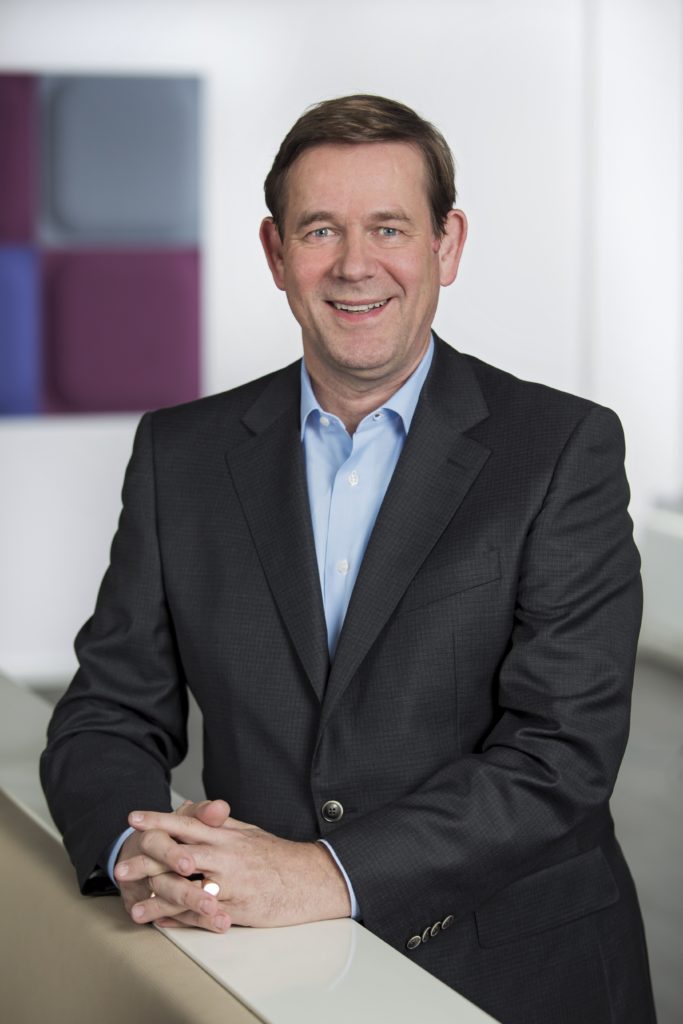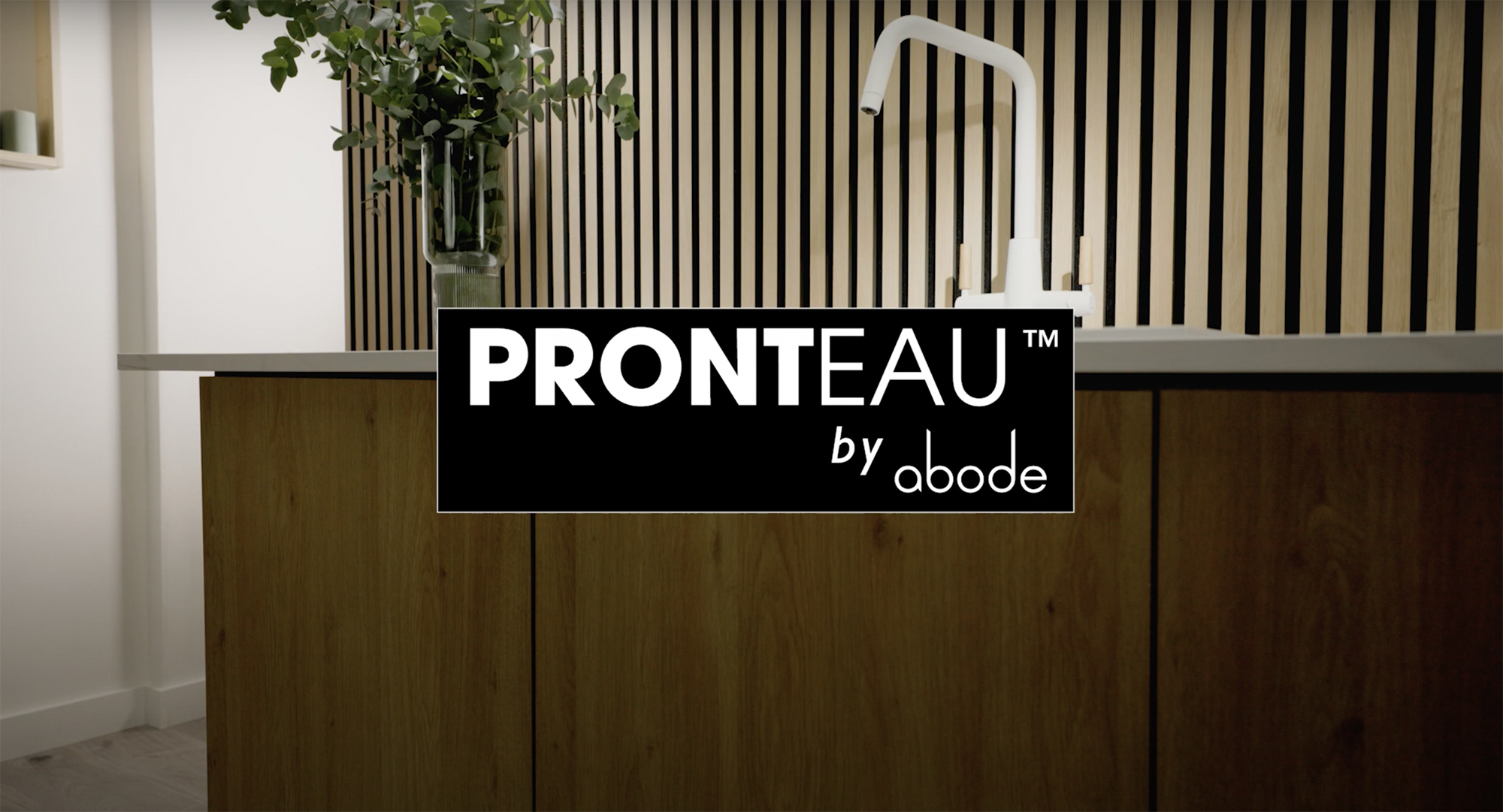Kitchens & Bathrooms News visited IFA in Berlin where we spoke to the CEO of BSH Karsten Ottenberg. We asked him about the company’s plans for the future, how he expects connectivity to influence the market, and how BSH plans to prepare for Brexit.

Q: How has the competitor landscape changed over the past two years and what will be the greatest challenges and opportunities for the group?
A: The gap between competitors in the ranking of global home appliance makers is increasingly narrowing. This is due to the strong acquisition effects of Chinese competitors.
Sponsored Video
BSH is and remains one of the leading home appliance makers globally and has further extended its leading market position in Europe.
Q: What proportion of your sales are smart appliances and how significant will connectivity and AI become for BSH over the coming years?
A: Within four years of its foundation, our digital platform Home Connect has made a first-class name for itself in the field of the connected kitchen.
We definitely want to build on this momentum in the future.
Q: What’s going to be the turning point that sees people commit to connected appliances?
A: Some people compare the situation to the HD-ready time, when there wasn’t any HD content available but everybody bought HD-ready TVs in anticipation.
In the whole appliance industry, I think the tipping point will be the increase of applications that are meaningful to the consumer.
Q: How do you differentiate between Bosch and Siemens in terms of connectivity?
A: The target consumer for Siemens is someone ‘leading-edge’, someone who wants to get the ‘cool gadget’.
The Bosch consumer wants consumer-friendly, quality products with no hassle.
Amazon Alexa is rolled out across all our products, whereas Amazon Dash is more focused towards Bosch, as the convenience it provides fits the target audience.
Q: BSH suffered from supply issues in 2015, and induction hob delays in 2018. Why do these things keep happening, what have you learned and how can retailers be certain of your reliability to supply on time in the future?
A: In 2017 — and, in part, at the start of 2018 — we clearly felt the consequences of sustained supply bottlenecks among our electronics manufacturers.
However, the shortage of electronic components, such as semi-conductor wafers, not only had an impact on the delivery capability of BSH, but also on that of our competitors.
How did we at BSH respond to the situation?
In an internal project, we closely scrutinised the processes in our supplier risk management.
Where necessary, we reworked and tightened up the processes accordingly.
In addition, we significantly expanded our supplier portfolio. In essence, the ever-growing volatility in the markets demands a faster response by the supply chain.
We are currently dealing very intensively with measures that provide us with the corresponding flexibility.
Keywords in this context: the digitalisation of the supply chain and a consistent end-to-end view of the entire value chain.
Our figures prove that these measures are taking effect: for a number of months already, we have been able to provide our customers with excellent delivery reliability.
Q: The UK is obviously a big market for BSH, are you worried about the implications of Brexit?
A: The fact is that nothing changed in terms of the commitment from BSH once the decision for Brexit was made.
We want to be relevant, meaningful and successful with consumers in the UK.
So, all our investment has been to make sure that we can deliver on that.
Of course, when currencies and the commercial landscape changes, you have to adapt how you do it.
But we’ve not discussed pulling back; the conditions have changed, but we have to find a way to ensure successful business with consumers in the UK, and that’s what we’re going to do.
Q: The mid-market is particularly challenging in the UK at the moment, are you worried about consumer confidence?
A: We serve our target groups in the UK. As our Bosch, Siemens and Neff core customers develop capabilities and needs; it is our job to see how we can cater for them.
We can’t determine what people should buy, so we have to find out what people need, and if their need changes, we have to see how we can cope with that.
That is part of the success of BSH, if you look at the recent economic troubles in Spain, we didn’t lose there.
It was certainly a challenge, we had to adapt how we served the consumer, but we didn’t change our mission.



